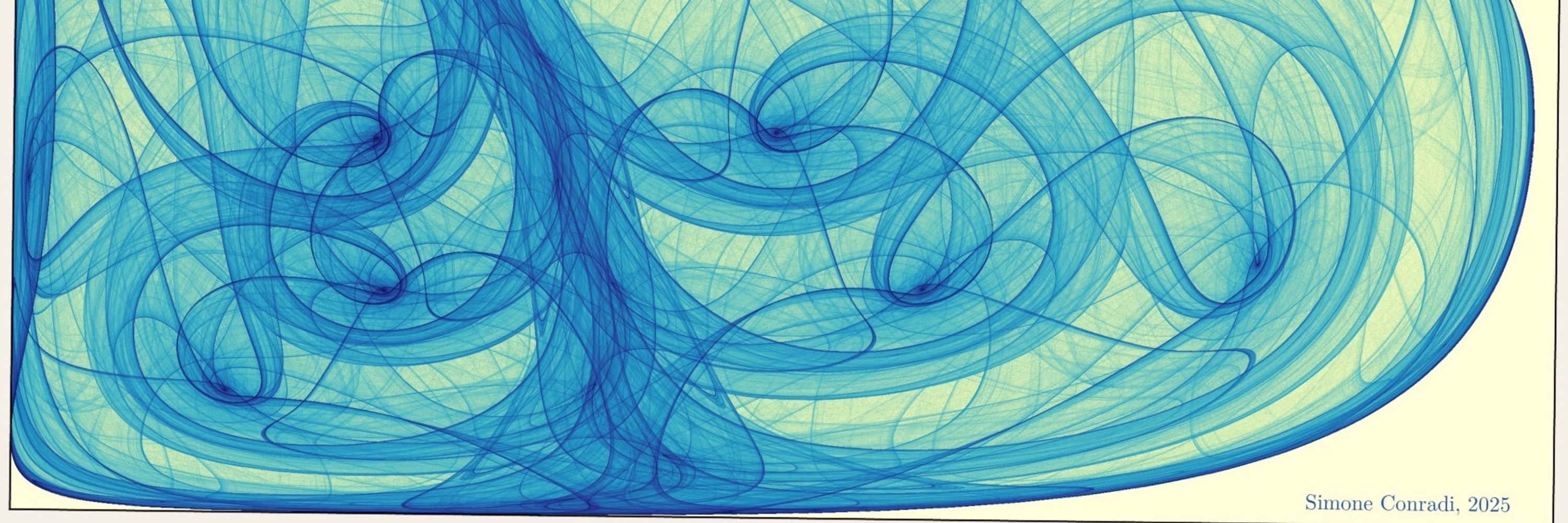
Simulations also provided generalizable insights beyond our experiment, revealing why collective intelligence can only emerge in certain environments.

Simulations also provided generalizable insights beyond our experiment, revealing why collective intelligence can only emerge in certain environments.
Results confirmed that payoff information let participants selectively tune behavior to the position and direction of successful peers, unlocking collective intelligence!

Results confirmed that payoff information let participants selectively tune behavior to the position and direction of successful peers, unlocking collective intelligence!

Groups could outperform solitary individuals through both superior tracking and search performance, but only when full payoff information was available.
In the absence of payoff information, they sometimes even performed worse!

Groups could outperform solitary individuals through both superior tracking and search performance, but only when full payoff information was available.
In the absence of payoff information, they sometimes even performed worse!
By manipulating task complexity and the availability of social cues, we study how individuals adapt their visual attention and social learning strategies to different dynamic contexts.

By manipulating task complexity and the availability of social cues, we study how individuals adapt their visual attention and social learning strategies to different dynamic contexts.
Thus, it is largely unknown how collective intelligence can emerge in mobile human groups coping with dynamically changing environments.

Thus, it is largely unknown how collective intelligence can emerge in mobile human groups coping with dynamically changing environments.
@pwgtennant.bsky.social @dingdingpeng.the100.ci @rmcelreath.bsky.social @p-hunermund.com

@pwgtennant.bsky.social @dingdingpeng.the100.ci @rmcelreath.bsky.social @p-hunermund.com
There are eagle-owls nesting in the towers of Marburg's 13th-century Gothic church and you can observe (and hear) them almost every day at dawn 😱
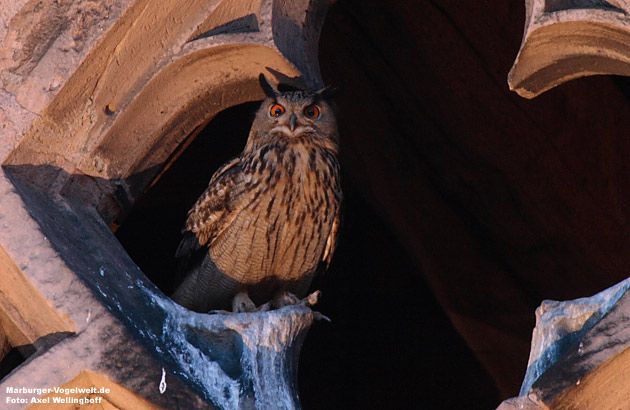
There are eagle-owls nesting in the towers of Marburg's 13th-century Gothic church and you can observe (and hear) them almost every day at dawn 😱
Get in touch with any questions you might have and join me in beautiful Marburg!
stellenangebote.uni-marburg.de/jobposting/c... (Deutsch)
stellenangebote.uni-marburg.de/jobposting/3... (English)

Get in touch with any questions you might have and join me in beautiful Marburg!
stellenangebote.uni-marburg.de/jobposting/c... (Deutsch)
stellenangebote.uni-marburg.de/jobposting/3... (English)
Focus will be on (comp models of) collective decision-making and cultural evolution using both experimental and real-world data!

Focus will be on (comp models of) collective decision-making and cultural evolution using both experimental and real-world data!
Check out the rest here: bit.ly/CulturalEvolution

Check out the rest here: bit.ly/CulturalEvolution
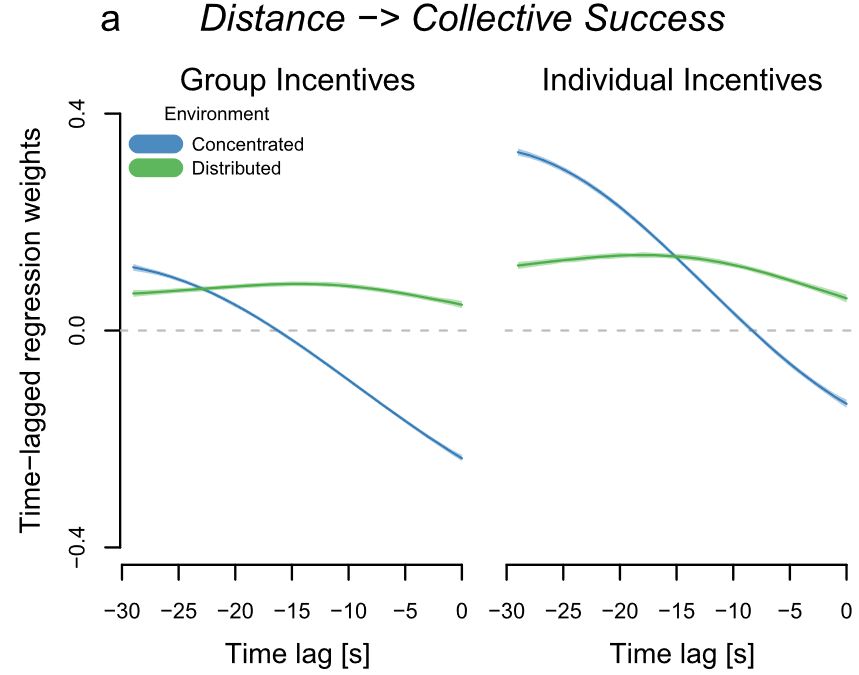
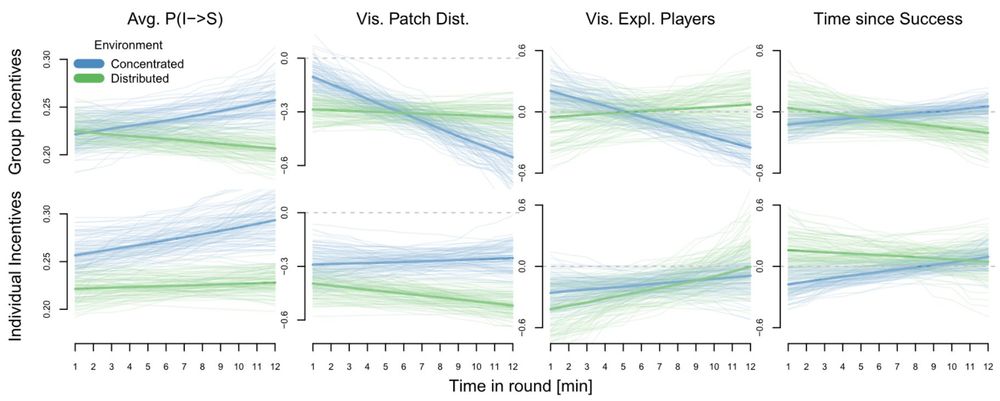

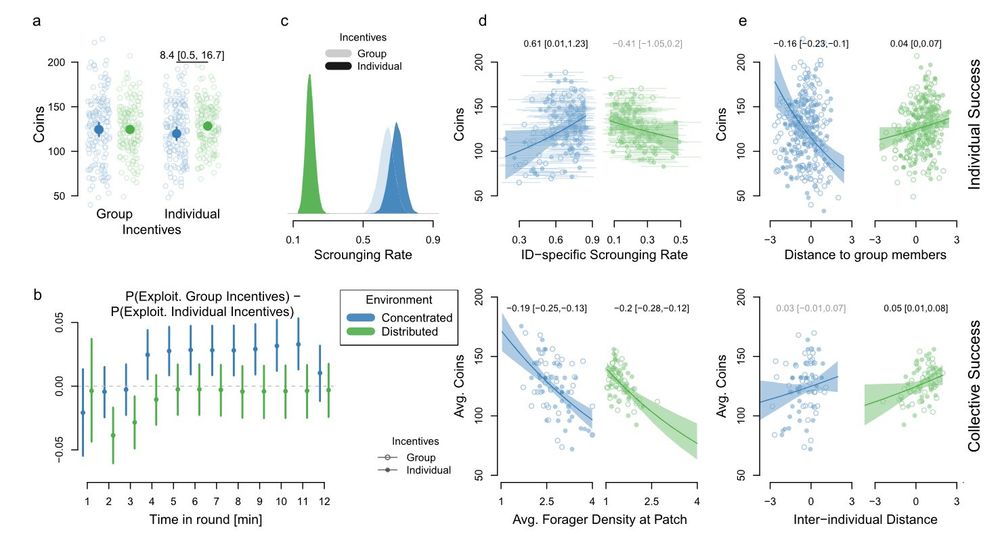
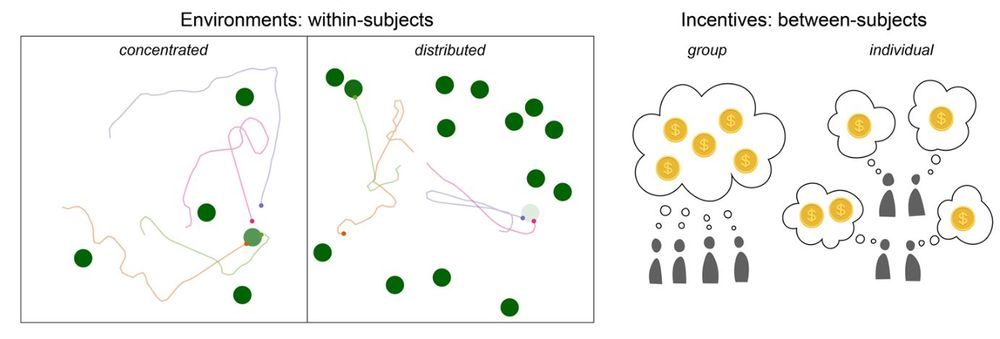
Collective incentives reduce over-exploitation of social information in unconstrained human groups [link: rdcu.be/dCC3Z]
🧵below

Collective incentives reduce over-exploitation of social information in unconstrained human groups [link: rdcu.be/dCC3Z]
🧵below
How can we represent and test measurement invariance as part of modeling process?
We propose a Causal Framework for the Comparability of Latent Variables!
Link: osf.io/preprints/ps...

How can we represent and test measurement invariance as part of modeling process?
We propose a Causal Framework for the Comparability of Latent Variables!
Link: osf.io/preprints/ps...

